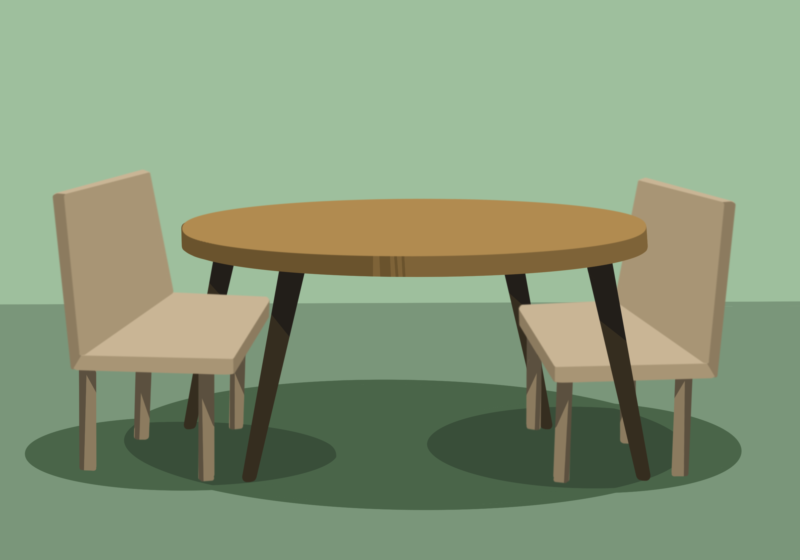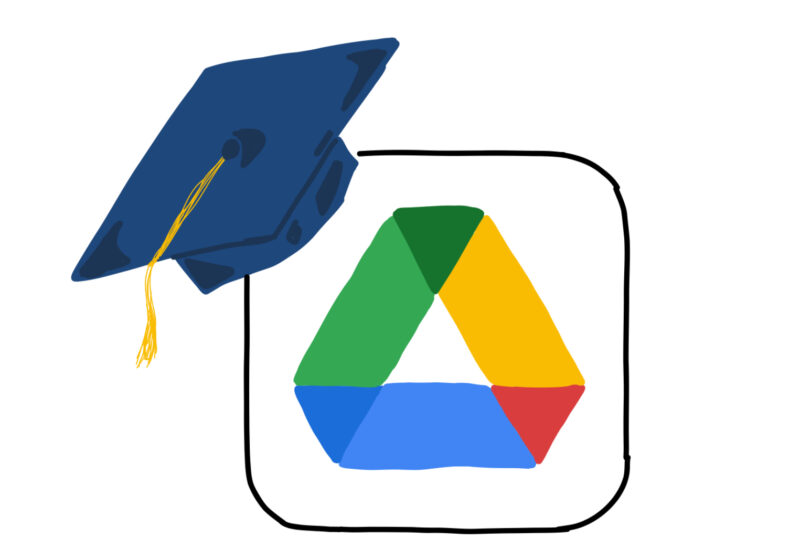I’ve written before about the power of discussion. There is such an incredible power to conversing through our differences. What I think gives power to conversation is that you have to see that a human is on the other side of the table. You encounter their ideas, their views, and are able to engage with their emotions.
When it comes to certain topics, education cannot be delivered through a monologue — especially when the monologue throws the blame on others. People do not listen when they are accused; instead, they jump to defense. Once an accusation is made, it’s not human nature to immediately self-reflect. It’s not human nature to open yourself up to an attack. It is not unreasonable to have difficulty accepting this uncomfortable truth — after all, when someone’s character is attacked, the common reaction is to defend oneself. However, education and self-reflection do not happen through attacks. Education happens through conversation.
There is an importance in seeing the other side and understanding where the other side comes from. There is an opportunity to see where one side becomes hurt and where the other may have strayed too far. There are times for lectures and there are times for discussion. And I believe that when it comes to antisemitism and anti-Israel language on campus, it’s a discussion that needs to be had, not a lecture.
I disagree with the choice to discuss anti-Israel and anti-semitic language on the UR campus through the Medallion Program. There is a need to discuss and educate on the line between criticism of Israel and anti-semitic language, and there is a need to acknowledge there are valid and legitimate criticisms of Israel to be made. Education, reflection, and understanding were not going to happen in the Medallion Program format, and until we recognize this, there will not be reconciliation.
The events of the Medallion Program showed a need for conversation. While the program did not run as originally intended, it could have been a great opportunity to address ideas and thoughts on the line between criticism of Israel and anti-semitism, and to discuss with attending students their concerns about the language used in the event’s description. By ignoring and muting those questions and ideas, the goal of the workshop started to drift away.
Displaying student Instagram posts without covering identifying features, intentional or not, turned an educational opportunity into public shaming. Accusations do not lead to education; if anything, they prevent it. Now, in the aftermath, students are being unfairly and disproportionately connected to other acts of antisemitism, such as a Zoom-bomb at a completely different university where ‘Heil Hitler’ was yelled at a presenter.
There is harsh criticism to be applied to Israel and there is a need to discuss what that criticism is, but there is also a conversation that needs to be had on when that criticism strays into harmful and dangerous words for Jewish communities.
We need to see the person on the other side of the table because then you will be able to see that the person sitting across the table is of the same coin: fear. Fear of injustice, fear of pain, fear for loved ones, fear for the community, and fear for ourselves. In our fear, we are crossing lines, straying away from the goal, that goal being education and respect for where the line is.
So, if the conversation keeps moving further and further away from what’s actually on the table, how do we get back in our seats? More accusations and blame won’t help. What’s the goal here? Is it to shame others or for there to be understanding? We need to see the human on the other side of the table.





